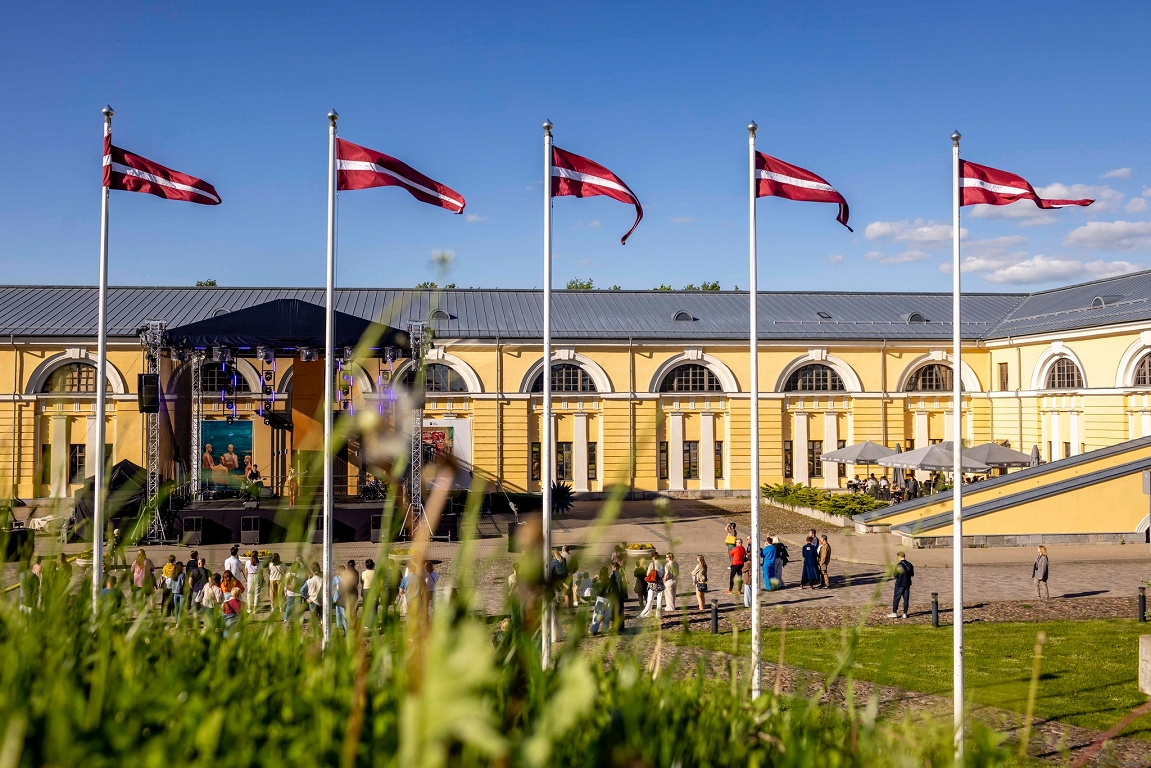Only a fraction of the West Bank’s Christians were allowed to visit Jerusalem

Of the West Bank’s almost 50,000 Christians, just under a tenth was given the military authorities’ permission to visit Jerusalem this year. But they were not allowed to spend the night in the city – so that those who want to be in place during all Easter week’s ceremonies must make the complicated trip past roadblocks and checks again every day. A Greek Orthodox Dam, 53, from the village of Taybe says to DN on the phone:
– Throughout my life, until Hamas Attack October 7, 2023, I have walked in Jesus’ footsteps along Dolorosa through the biblical Jerusalem’s alleys, cried over his death on the cross and cheered on his resurrection. Sitting at home these days is heavy to carry. Why should we be punished for Hama’s terrorist acts that we condemn by our whole heart?
Several of the Palestinians now limited in their Easter celebration come from the world’s oldest Christian communities. Taybe in the mountains of Judea has only Christian inhabitants, who tenderly care for the ruin of one of the world’s first churches. The ancestors of these Christian Palestinians were Jews, all of whom in the first generation of Jesus’ followers.
It is not only the stricter travel restrictions that darken Christian practice in the Holy Land. In recent decades, Israeli settlers and religious extremists have taken on ever greater freedoms at Christian pilgrimage. The focal point in recent years is the so -called cenaklet on the mountains of the Zion in southeastern Jerusalem, where Catholics celebrate the memory of the last meal, when Jesus and his disciples were gathered one last time. The Vatican considers himself to have law on site.
But under the cenacle, in the same building, there is a space that some Jewish directions consider to be King David’s grave. In recent years, confrontations have taken place when Israeli ultranationalists exploited the delicate neighborhood and made violence.
A similar dispute has been raging for a few years around the monastery Stella Maris on the Mount Karmel in Haifa. The place’s monastery has long been the Catholic Carmelite Order’s most sacred. But a couple of years ago, the rabbi Eliezer Berland in Jerusalem decided that Stella Maris is in fact prophet Elisha’s grave, where the unfaithful has no right to stay. Berland, convicted of fraud and sex crimes, has a crowd of followers who obey him blindly and who penetrated and harassed the monks and nuns of the place.
The city of Haifa’s Orthodox Jews, who have good relations with the Carmelites, took the Christians in defense against the violence workers, who, however, did not give up. Police Minister Itamar Ben Gvir has repeatedly shown an understanding of Jews who harass Christians. A couple of years ago, Israel’s channel 13 made a well-known television element where hidden cameras followed the reporter Yosi Eli, dressed as Dominican monk. During his path through Jerusalem’s alleys, he was met by glitter words and mockery from settlers, most of them very young. It was obvious that harassment of priests and monks were not taboo in their world. The report was shown in many countries and injured Israel’s image as a tourist destination. The police minister took revenge on reporter Eli when, with the help of false accusations, he was closed his Twitter account.
The Palestinians who cannot be denied access to the Easter ceremonies are Israel’s over 150,000 Christian Arabs, distributed over ten different religious communities. These live mainly in the cities Haifa, Nazareth and Jaffa, but also in dozens of villages. There are also more than 20,000 Jews who are practicing Christians.
Seven percent of Israel’s Palestinians are Christians. Less than one percent of the West Bank’s Palestinians are Christians. After a hundred -year -old Christian emigration, mainly to Chile and the United States, Bethlehem, Jesus’ birthplace, today has fewer than ten percent Christians.
Read more:







